This is what the instructions are telling me to do... main – This function is the main routine. It should do the following: Ask the user how many dice they want to roll. If the user enters a number less than 1 or greater than 10, the program should continue to ask the user for a valid number between 1 and 10. Remember you can use a while loop to do input validation. Once the program has a valid number from the user, it should use that number as an argument when calling the roll_dice function.
roll_dice – This function has one parameter, num_dice, which is the number of dice to roll. Since the program will be displaying the total of the dice, start by initializing a variable to 0 which will keep a running total. Use a for loop to roll each die the number of times specified. Use the randint function from the random module to get a random digit between 1 and 6 inclusive. Print the number of the loop iteration and the die value as indicated in the Sample Output. Make sure to update the running total INSIDE the for loop. After the for loop is complete, print the total value of all the dice that were rolled.
And this is the code I have so far:
import random
def main():
num_dice = int(input('How many dice do you want to roll?'))
while num_dice < 1 or num_dice > 10:
print('Enter a number between 1 and 10.')
num_dice = (input('How many dice do you want to roll?'))
roll_dice(num_dice)
def roll_dice(num_dice):
rolls = 0
for i in range(num_dice):
print(f'Roll #', rolls, random.randint(1, 6))
rolls+=1
main()
